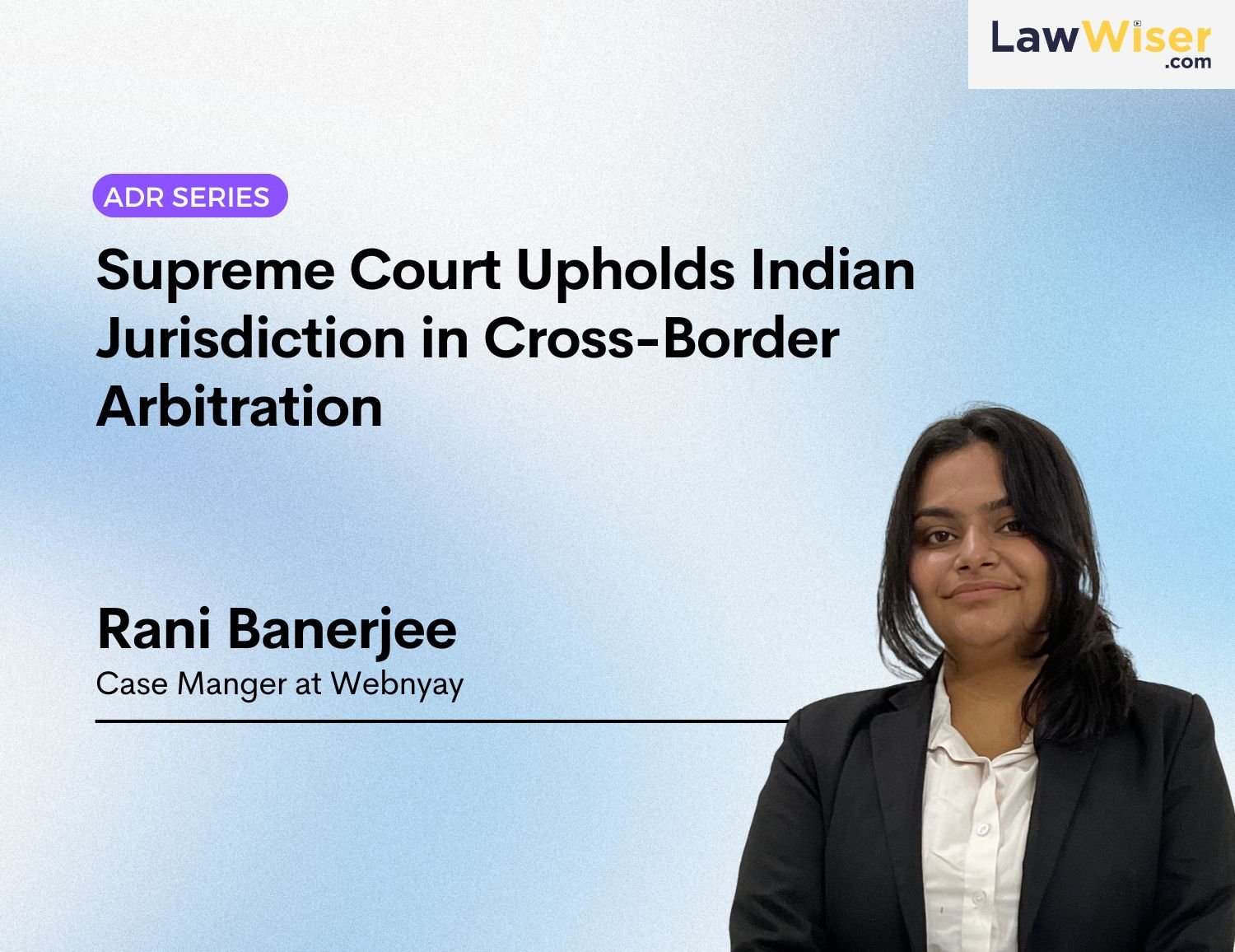Precedent in Indian law refers to the legal principle that decisions made by higher courts in earlier cases serve as authoritative interpretations of law and binding authority in subsequent cases with similar facts or legal issues. Precedent, also known as stare decisis, ensures consistency, predictability, and coherence in judicial decision-making, fostering the rule of law and the development of legal principles. In India, precedent is established primarily by the judgments of the Supreme Court of India and various High Courts, which set legal precedents to be followed by lower courts within their respective jurisdictions. Precedents are classified into binding precedents and persuasive precedents. Binding precedents are decisions that must be followed by lower courts within the same jurisdiction, providing definitive interpretations of law on specific issues. Persuasive precedents, on the other hand, are decisions from courts in other jurisdictions or from lower courts within the same jurisdiction that are not binding but may be considered as persuasive authority in the absence of binding precedent. Precedent plays a crucial role in guiding judicial reasoning, resolving legal disputes, and ensuring the uniform application of law, promoting fairness, certainty, and stability in the legal system.
Don’t have an account? Sign Up
Precedent
 June 8, 2024
June 8, 2024
Share
Write a Reply or Comment Cancel reply
CONTINUE READING
TWITTER FEED
- Congratulations to @VivekSoodDelhi for being recognised as ‘Emerging Senior Counsel of the Year’ at #UKILP… https://t.co/oHwBtL5geH
- Wishing you a Merry Christmas and a Happy New Year from all of us at LawWiser!#christmaseve #newyears https://t.co/ax6VOHyUcj
- Watch @AvaniShukla27, Associate- Content & Collaborations, LawWiser to learn about the recent landmark verdict give… https://t.co/OZnf0Z9PJr
- We are delighted to share that our Co-founder @LavanyaBehl1 is featured in the 30 people to watch in the… https://t.co/wmMrtvduKk
- Sanjeev Sachdeva has rejoined Luthra and Luthra Law Offices India Leadership team as Mentor and Partner. Read More… https://t.co/7F1M8p4w23
LINKEDIN FEED
- See you tomorrow at LawWiser Sip & Paint event, Co-hosted by Desai & Diwanji. #legal #law #lawfirm
- Wishing you a Happy Republic Day from all of us at LawWiser! #republicday #constitutionofindia
- Catch a glimpse of the vibrant moments from our previous Sip & Paint event.#legalevents #lawfirm #generalcounsel
- Exploring Essential Business Documents! In our latest video, we delved into crucial documents vital for every business journey: https://lnkd.in/d-vYuDDs
- From shaping ethical business practices to ensuring social justice, law plays a pivotal role in our world. Get ready to explore how legal frameworks empower businesses and create positive societal change.#staytuned #legal #lawforchange #changemakers











 September 2, 2025
September 2, 2025 0 COMMENTS
0 COMMENTS


